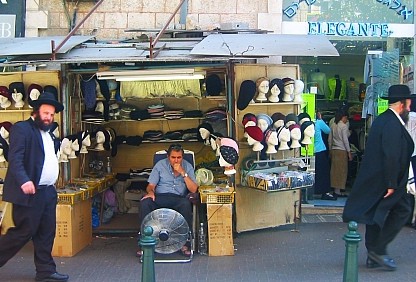Set apart: The Haredim in Israel

No week passes in Israel without an article being published—usually negative in tone—about the Haredi community. According to the Israel's Central Bureau of Statistics, the Haredim, or ultra-Orthodox Jews, constitute about 8 percent of Israel's population, or some 600,000 to 700,000 people. It is the fastest-growing segment in Israel.
What worries many Israelis, religious as well as secular, about the growth of the Haredim is that they reject political Zionism, the enterprise that established the state of Israel in 1948. Their first loyalty is to their spiritual leaders, not the state.
While the term Haredi ("those who fear God") appears in the Bible (see, for example, Isaiah 66:5 and Ezra 10:3), its modern political use can be traced to the 1920s, when the Agudat Yisrael was founded in Poland to counteract the secular Zionist movement. Participants in this countermovement were called the Haredim. The term became even more commonplace after 1977 when the same Agudat party entered the coalition government in Israel under Prime Minister Menachem Begin.




